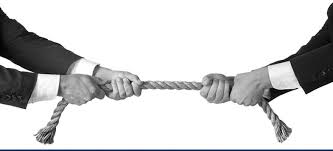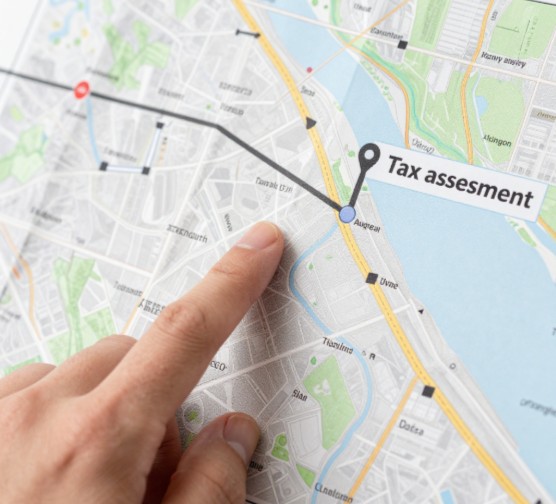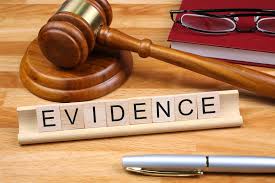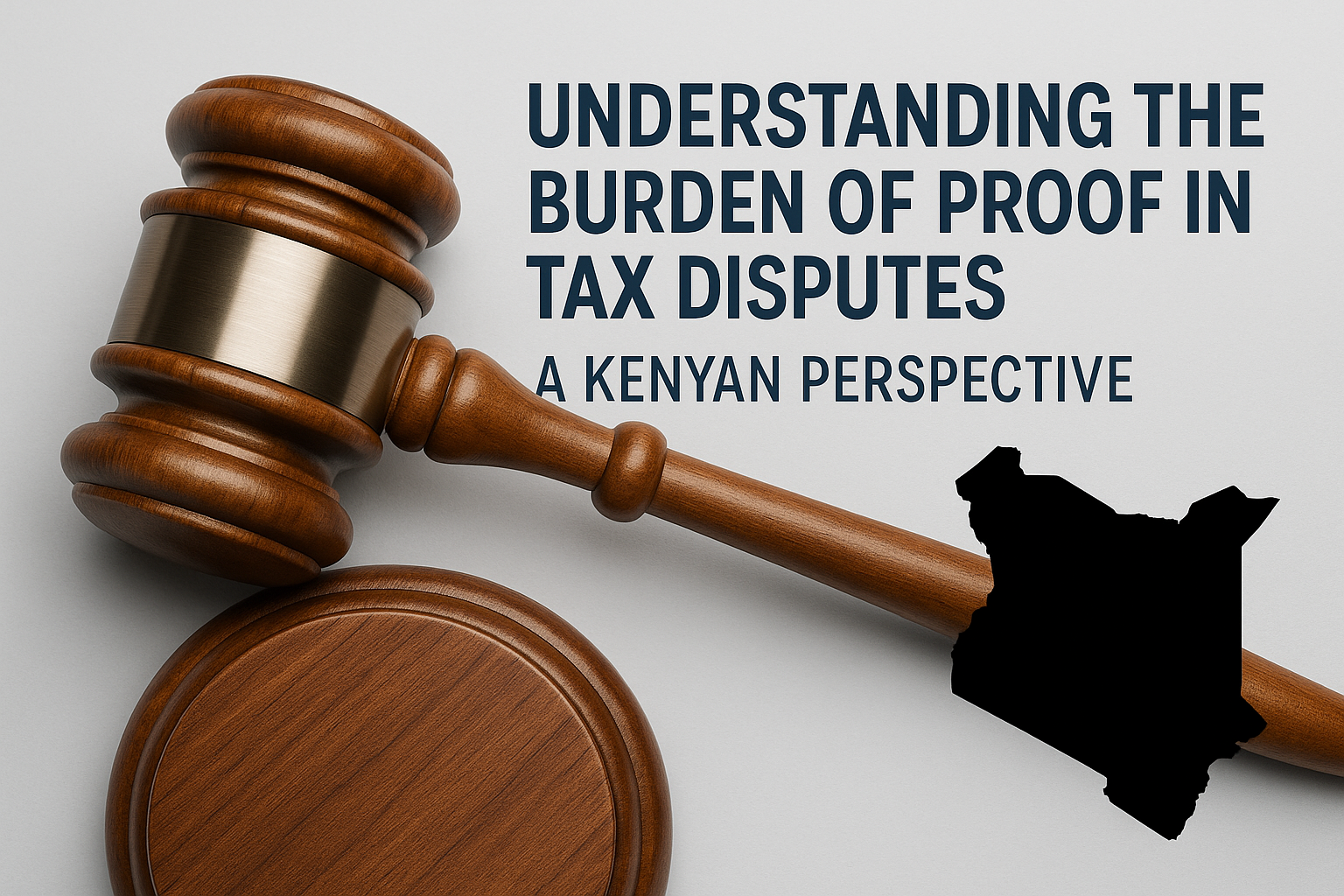When you think of the word “forensic,” what comes to mind? Crime scene investigations, murder mysteries, and law enforcement officials gathering evidence to solve a crime. All of these images are accurate when it comes to forensic auditing. But did you know that forensic auditors can be used in many other settings as well? In this blog post, we will discuss the seven benefits of a forensic audit and how this powerful investigative tool can be used in business and beyond.
What is a forensic audit?
A forensic audit is an examination of financial records to determine if there has been any criminal activity. Forensic auditors use their skills in accounting, auditing, and investigation to look for signs of fraud, embezzlement, or other financial crimes.
How is forensic audit conducted?
Forensic auditors use a variety of techniques to examine financial records and identify signs of criminal activity. This can include reviewing bank statements, ledgers, and other financial documents, as well as interviewing employees and witnesses. In some cases, forensic auditors may also need to use computer forensics techniques to examine electronic records.
Who does a forensic audit?
Forensic audits are usually conducted by certified public accountants (CPAs) or other professional accountants who have experience in this type of work. In some cases, forensic auditors may be employed by law enforcement agencies or government organizations. However, many forensic audits are conducted by private firms that specialize in this type of work.
Who is a good forensic auditor?
A good forensic auditor is someone who has experience in both accounting and law. They should be able to understand financial statements and have knowledge of various types of fraud. Additionally, they should be detail-oriented and able to work independently. Forensic auditors need to be able to think critically and solve complex problems. They must also be excellent communicators, as they will often need to present their findings to clients or attorneys. If you are interested in becoming a forensic auditor, consider pursuing a degree in accounting or law. Alternatively, many employers will require certification from the Association of Certified Fraud Examiners (ACFE).
Reasons why you might need a forensic audit
Reason #01: To identify financial discrepancies and fraud
One of the most common reasons businesses turn to forensic auditing is to identify financial discrepancies and fraud. A forensic audit can help you get a clear picture of your business’s financial health, and it can also help you find any irregularities or illegal activity. This can be especially helpful if you suspect that someone in your company is engaging in fraudulent activities.
Reason #02: To protect your business from future attacks
Another important reason to conduct a forensic audit is to protect your business from future attacks. By identifying any vulnerabilities in your system, you can take steps to fix them and make your business more secure. A forensic audit can also help you develop better security protocols to prevent future attacks.
Reason #03: To comply with regulations
In some industries, businesses are required to conduct forensic audits on a regular basis. This is often done to comply with government regulations or industry-specific standards. If you fall into one of these industries, it’s important to make sure that you are conducting regular forensic audits in order to stay compliant.
Reason #04: To investigate a data breach
If your business has suffered a data breach, a forensic audit can be a valuable tool for investigating the incident. By analyzing the data that was stolen, you can get a better understanding of how the breach occurred and what information was compromised. This can help you take steps to prevent future breaches.
Reason #05: To respond to allegations of financial misconduct
If your business is involved in a lawsuit or other legal proceedings, a forensic audit can be used to respond to allegations of financial misconduct. This type of audit can help you gather evidence to support your case and defend your business against any false claims.
Reason #06: To assess the value of a company
If you are considering buying or selling a company, a forensic audit can be used to assess the value of the business. This type of audit can help you determine if the asking price is fair, and it can also provide valuable information about the company’s financial health.
Reason #07: To support a merger or acquisition
If your business is involved in a merger or acquisition, a forensic auditbasis in order to comply with regulations. This is especially common in the financial sector, where companies must adhere to strict rules and regulations. If your business is going through a merger or acquisition, you should consider conducting a forensic audit to ensure that everything is above board.
Benefits of forensic audits
There are many benefits of forensic audits, which is why this investigative tool is used in a variety of settings. Here are seven benefits of forensic audits:
- They can help prevent crime: The role of forensic audits is to minimize organizational fraud and theft. Forensic auditors are trained to analyze financial data and look for any suspicious transactions that can point toward the criminal activity of an individual or a group of people. These audits are important in helping to prevent crimes such as embezzlement, theft, money laundering and more .By identifying weaknesses in financial controls, forensic audits can help businesses prevent fraud and other crimes before they occur.
- They can detect crime: When a crime occurs, the forensic accountant becomes a crime detective. He or she is responsible for the proper documentation of evidence by completing a thorough analysis of facts and records. Investigators ensure that information needed to prosecute the guilty party is properly obtained, preserved and understood so that it can be presented in an understandable way before the courts. Forensic audits can also be used to investigate allegations of fraud or corruption. In many cases, these investigations would not be possible without the use of a forensic auditor.
- They can recover assets: When we speak of forensic audits, it is mostly on matters related to prosecuting criminals and a sentence being handed down; however, the process of forensic auditing can also be used in a civil dispute setting, where assets have to be recovered. Such is the case for those who have had their assets grossly mismanaged by custodians who are not always financial institutions, but those who have been tasked with the protection of assets for another person or entity. A forensic audit is an examination of data and facts to locate, recover and bring assets back under the control of their rightful owner. Forensic audits are usually conducted by certified forensic accountants when it comes to suspicious transactions, internal fraud or embezzlement. These audits can be invaluable in helping to prove your case in court, or simply allowing you to recover assets quickly without the expense of litigation.
- They can be used in legal proceedings: Forensic audits are used for a variety of reasons and in many venues, including litigation, arbitration, government investigations and white collar crime. The criminal prosecution of organizations and individual executives requires that prosecutors understand the accounting transactions and events surrounding their cases; this understanding frequently requires forensic auditing. Government agencies such as the Federal Bureau of Investigation (FBI), the Internal Revenue Service (IRS) and the Securities and Exchange Commission (SEC) use forensic auditors to uncover fraud within companies and prosecute those who have committed it. Evidence of fraud and dishonesty may be used in a variety of different legal proceedings. It is often used in civil cases where an individual or company has been defrauded. It can also be used in criminal cases.
- They are unbiased: Forensic audits are described by two characteristics, namely the independence and objectivity of the audit team conducting the investigation that assist in maintaining evidence integrity. Unlike many other forms of investigation, forensic audits are conducted by independent professionals who have no vested interest in the outcome of the audit. This ensures that the audit is conducted objectively and without bias.
- They are thorough: In accounting, to be thorough means to ensure that everything has been considered. In an audit, it means that every aspect of a subject is addressed and every way something can be verified is verified and accounted for. The forensic audit typically starts with a review of the financial data and all accounting records. A review of the internal controls in place and all procedures used by the company, such as those used in purchasing and marketing, is also typically included. Once that is complete, the investigators will perform an analytical review of the data collected in order to detect any points of vulnerability. A good forensic audit will examine all aspects of a company’s financial records and identify any possible signs of criminal activity. This level of detail can help companies resolve contractual disputes or investigate allegations of fraud.
- They are cost effective: The use of a forensic auditor can often be less expensive than other forms of investigation, such as hiring a private investigator. In addition, the use of a forensic auditor can often save a company money in the long run by helping to prevent crime and resolve disputes.
Conclusion
Forensic audit is a powerful investigative tool that can be used in many different settings. If you are considering using a forensic auditor, be sure to choose one who is experienced and reputable. Also, be sure to discuss your specific needs with the auditor in order to ensure that the audit is conducted properly and produces the results you need. Finally, remember that forensic audits are just one part of an effective anti-fraud program. Be sure to implement other measures, such as internal controls and employee training, to help prevent and detect fraud.














